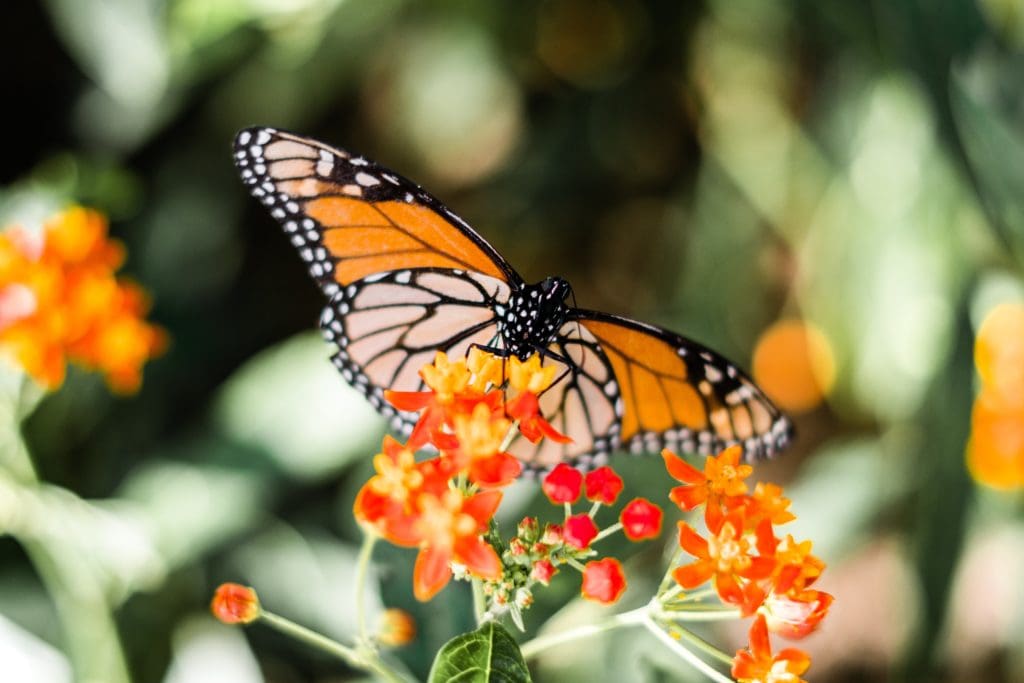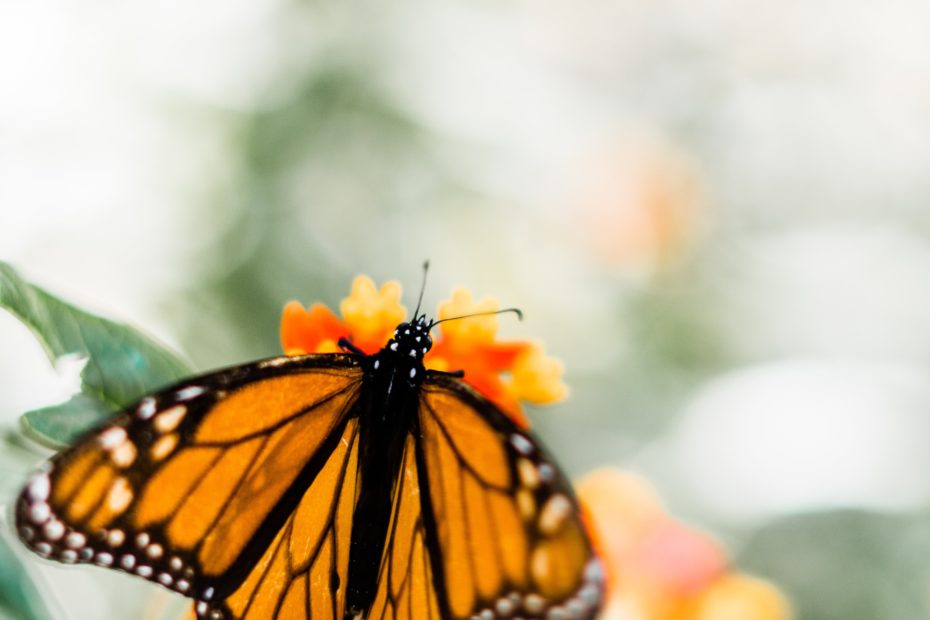
Pollinators play a vital role in our ecosystem. They are responsible for pollinating nearly 70 percent of the world’s flowering plants, which helps to produce a diverse range of fruits, vegetables, and nuts. Pollinators include a wide range of animals, such as bees, butterflies, moths, beetles, flies, and birds.
Bees are perhaps the most well-known pollinators, as they pollinate many of our most important crops. These crops are all essential to our diets and represent a significant portion of global agriculture. Without bees and other insect pollinators, many of these crops would fail to produce the fruit and seeds that we need.
Insects are not the only pollinators, however. Birds, such as hummingbirds, are also important pollinators. These birds are especially effective at pollinating flowers with long, tubular shapes, like those found on many plants in the tropics. Other types of animals, like bats and some primates, also serve as pollinators for certain types of plants.
Pollinators are a vital part of our ecosystem, and their importance cannot be overstated. They are responsible for transferring pollen from one flower to another, which leads to the production of fruits and seeds. Without pollinators, we would not have the beautiful and diverse plants that we enjoy in our gardens. In this article, we will discuss the benefits of pollinators in your garden.
- Increased Yield
Pollinators play a vital role in increasing the yield of your garden. They help to fertilize plants, which leads to the production of more fruits and vegetables. When pollinators visit your garden, they transfer pollen from one flower to another, which leads to the production of more seeds. This, in turn, leads to a larger yield of fruits and vegetables.
- Improved Quality
Pollinators not only increase the yield of your garden, but they also improve the quality of the produce. Pollination leads to the production of healthy, robust fruits and vegetables that are more resistant to disease and pests. These plants are also more likely to produce larger, more uniform fruit.
- Biodiversity
Pollinators help to increase the biodiversity of your garden. They are responsible for the reproduction of many different plant species, which leads to a diverse and vibrant ecosystem. By attracting pollinators to your garden, you can help to create a healthy and thriving environment for a variety of different plants and animals.
- Beauty
Pollinators add beauty to your garden by helping to create a stunning display of flowers. They are attracted to brightly colored flowers with sweet nectar, and their visits help to spread pollen from one flower to another. This leads to the production of more flowers and a more vibrant and colorful garden.
- Education
Pollinators provide a great opportunity for education. By observing and learning about different pollinators and the plants they visit, you can teach children and adults about the importance of these creatures in our ecosystem. This can help to promote conservation and protection of these important animals.
In conclusion, pollinators are an essential part of any garden. They help to increase yield, improve quality, increase biodiversity, add beauty, and provide an opportunity for education. By attracting pollinators to your garden, you can create a healthy and thriving environment for both plants and animals.
Despite the importance of pollinators, many species are facing threats due to habitat loss, pesticides, climate change and other factors. Pollinator populations are declining in many areas, which puts significant strain on the plants they pollinate. This, in turn, affects other species that rely on these plants for survival.
Pollinators face many challenges. Due to climate change, habitat loss, and pesticide use, some of the native pollinators’ populations have been declining. As more industries and urban areas develop, the native habitat that these pollinators once relied on has been destroyed, leading to further endangerment. Also, the use of pesticides which helps protect the crops farmers rely on for food leads to the death of many pollinators who end up getting caught in the treated soil on the plants.
It is essential to protect and conserve these pollinators in Galveston County. One way to do this is by planting native plants, which are beneficial to the pollinators than non-native plants. The loss of natural habitats in urban areas means that these plants can be grown in container gardens, window boxes, or roof gardens. Additionally, spreading awareness and educating people about the value of pollinators and how to protect them is a huge step to their survival.
To help protect pollinators, we must take action to conserve their habitats and reduce their exposure to pesticides. This can be done in a variety of ways, such as planting pollinator-friendly gardens, supporting local wildlife conservation efforts, and encouraging sustainable agricultural practices. By doing so, we can help ensure that these vital species continue to thrive, and we can continue to enjoy the benefits that they provide to our ecosystem, agriculture and society as a whole
